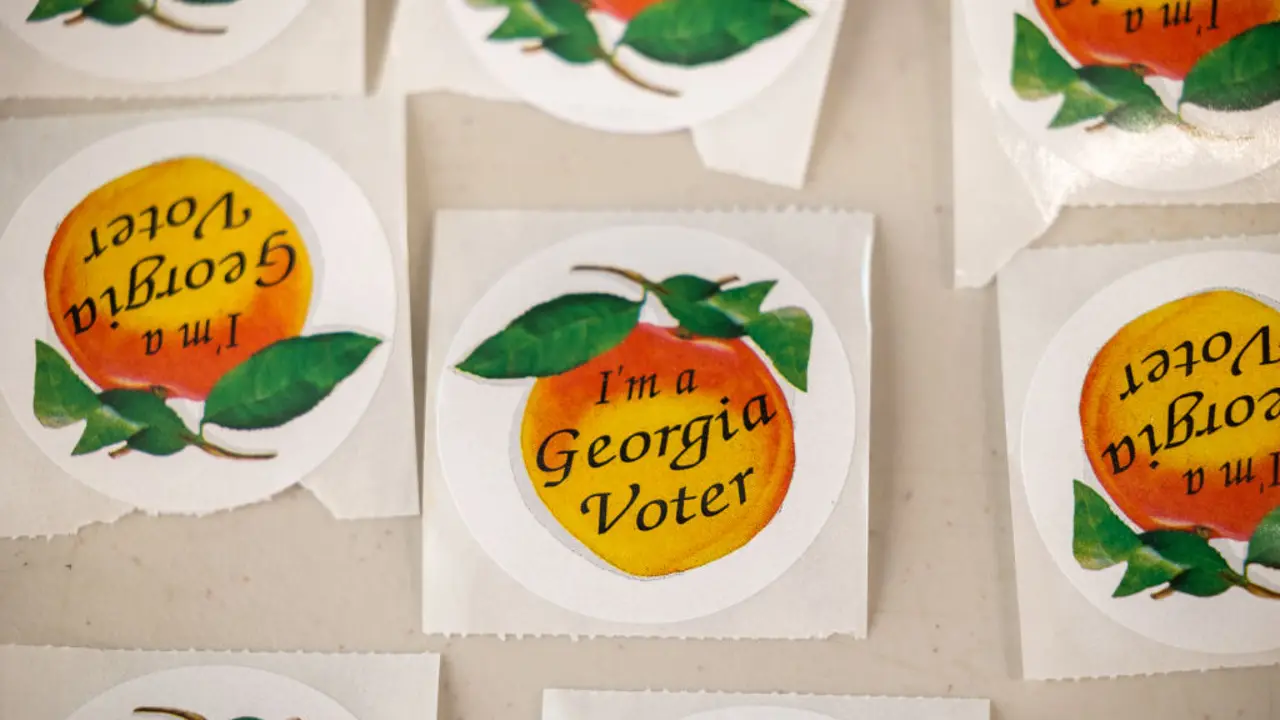Politics
Georgia Judge Orders Election Results Certification Despite Fraud Concerns

Clear Facts
- A Georgia judge ruled that county election officials must certify election results by the legal deadline, regardless of suspicions of fraud or errors.
- Judge Robert McBurney stated that election officials can investigate their concerns but cannot delay certification based on those concerns.
- The ruling came on the first day of early voting in Georgia, following a lawsuit filed by Fulton County Board of Registration and Elections member Julie Adams.
In a significant decision impacting the electoral process in Georgia, Superior Court Judge Robert McBurney has mandated that county election officials must certify election results by the established deadline, even if they harbor suspicions of fraud or inaccuracies. This ruling underscores the legal obligation of election officials to adhere to deadlines, irrespective of their personal concerns about the integrity of the vote count.
Judge McBurney emphasized that while officials have the right to pursue investigations into any potential discrepancies, “any delay in receiving such information is not a basis for refusing to certify the election results or abstaining from doing so.”
The certification of election results in Georgia is a time-sensitive process, with counties required to complete this task by 5 p.m. the Monday or Tuesday following the election. This ruling coincided with the commencement of early in-person voting, which runs from October 15 through November 1.
The legal challenge was initiated by Julie Adams, a member of the Fulton County Board of Registration and Elections. Adams had previously voted against certifying the presidential primary results in May. She argued that her inability to access requested documents hindered her ability to perform her duties and justified her decision not to certify the results.
Adams sought additional documentation to verify the accuracy of the election outcomes before the certification deadline. However, her request was denied by fellow county officials, who maintained that certification is a mandatory duty and that her request exceeded her responsibilities.
In his ruling, Judge McBurney clarified that Georgia law does not empower county election officials to determine the occurrence of fraud or dictate subsequent actions. Instead, he wrote, “concerns about fraud or systemic error are to be noted and shared with the appropriate authorities but they are not a basis for a superintendent to decline to certify.”
Georgia remains a pivotal battleground state, with ongoing legal disputes over election procedures. The state has seen multiple lawsuits challenging a new measure requiring county officials to hand-count ballots after machine tabulation on election night. This ruling adds another layer to the complex legal landscape surrounding election security and voter access in Georgia.
Let us know what you think, please share your thoughts in the comments below.

Audrey Burgess
October 18, 2024 at 6:43 pm
Well, we wouldn’t want a stolen election again, but this judge just made it easier to cheat and get away with it.
John
October 18, 2024 at 7:00 pm
Clearly, an in.pla e corrupt judge. Georgia is totally corrupt.
Libblaster
October 18, 2024 at 7:55 pm
I wonder if the judge would rule differently if a Republican won and fraud was suspected.
Ron C
October 18, 2024 at 8:02 pm
Has anyone checked judge Bob’s bank account? He is obviously expecting the election to be stolen and plans on helping the corruption… plain as day!
Robert Cymraeg
October 18, 2024 at 8:12 pm
De bench the judge. He is tacitly endorsing election tomfoolery as long as it is not able to be challenged. Absolute absolution for election fraud.